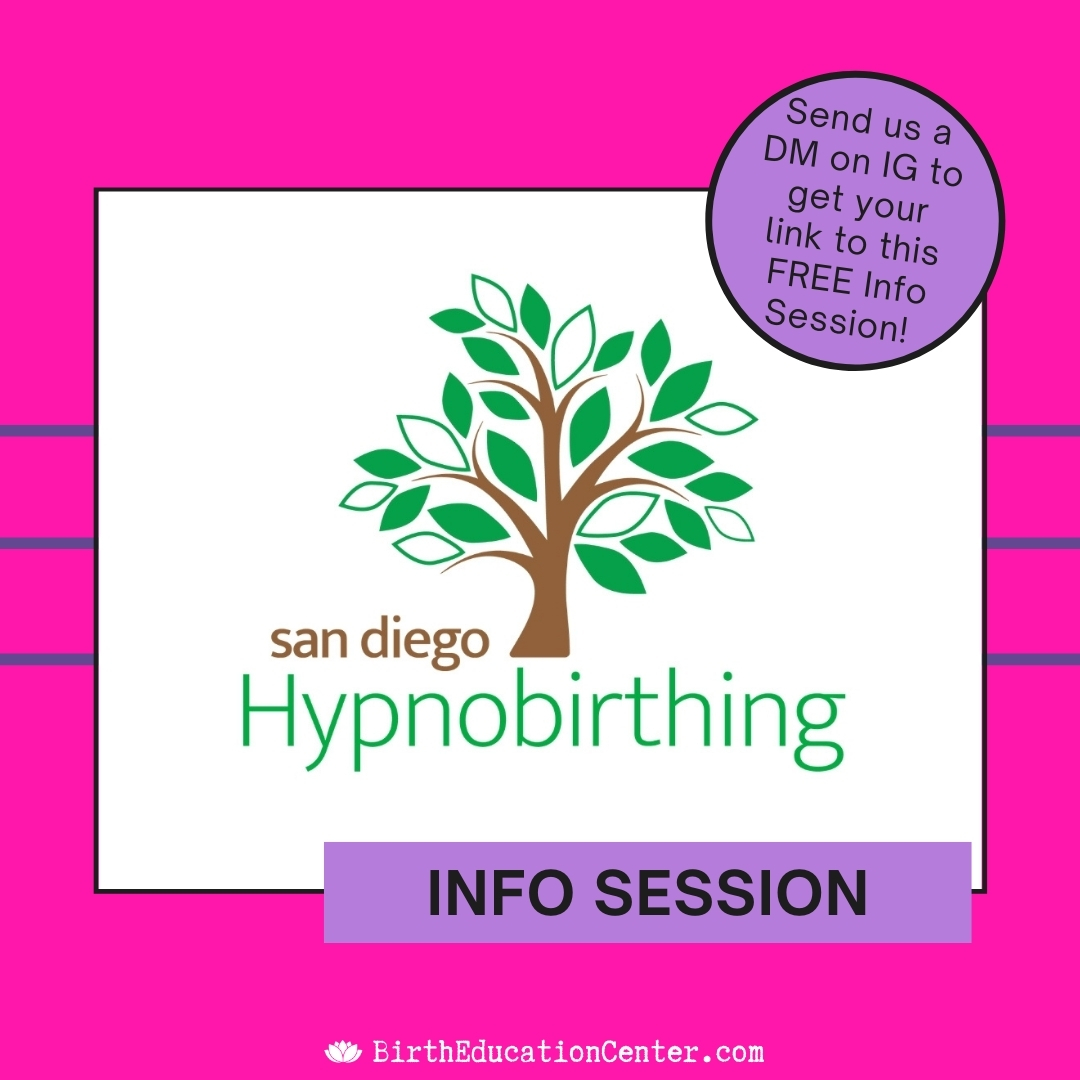Understanding the Importance of the Golden Hour After Birth
If you’re like most expectant parents, you’ve planned for the birth of your child by taking childbirth education classes, reading books, and perhaps hiring a doula to help support you through labor and childbirth. If this describes you so far then congratulations! You’re doing what it takes to prepare your body for the life-changing physiological, emotional, and spiritual event that will be taking place soon.
But What About Postpartum?
Have you given any thought to the moments that immediately follow birth? This critical bonding time that takes place between parent and baby is—from a physiological standpoint—every bit as miraculous as growing your baby in utero and then giving birth to them. Better known as the ‘golden hour’, this transitional time is when your brand-new infant should be placed uninterrupted on your chest skin-to-skin to begin their transition from womb to world.
It is a sacred time for this human being to become acquainted with its new surroundings and the special people who will be taking care of them. They will be alert and eager to bond and feed for the first time. This hour which, more accurately speaking, is closer to two hours, has been scientifically proven to benefit both baby and the birthing parent in many ways and lays the foundation for successful breastfeeding and caregiving thereafter.
What Are The Newborn Procedures That Most Often Disrupt the Golden Hour?
If you’re planning to give birth in a hospital, you should be aware that there are several newborn care policies and procedures in place that can potentially interfere with this critical bonding time. In an effort to assess the health of the baby, your care providers will carry out an array of procedures that may at times disrupt the natural bonding process that should be occurring in the first hour and beyond.
The nurse will check baby’s temperature and heart rate and perform assessments for things like reflexes, muscle tone, and circulation. If there are any concerns with baby’s body temperature being too low, they may conduct a heel prick to test baby’s blood sugar and make sure it’s high enough. They will also be eager to administer the Vitamin K shot and perhaps eye ointment if you’ve consented to it.
For no other reason than convenience, the staff has been trained to conduct these procedures under the baby warmer that is usually stationed across the room from your bed. This means they will ask in a perfunctory manner if they can “borrow” your baby for a minute. Oftentimes these requests starts within mere minutes after your baby has been born.
In order to maintain the golden hour, however, there’s an ideal time and place for these procedures to happen.
Navigating the Golden Hour in a Hospital Setting
Now that you understand the importance of uninterrupted skin-to-skin contact between birthing parent and child for at least the first hour immediately postpartum, making small modifications to your hospital’s newborn procedures can make all the difference in keeping that critical bonding time as undisturbed as possible. Unless there are concerns that your baby is having challenges that require more intensive care, the procedures that are customarily carried out within the first hour can be performed while they remain on your chest.
Administering the vitamin K shot, eye ointment, and weighing and measuring the baby can all wait—there is no hurry for these procedures to take place in the first 1-2 hours postpartum. In order to make sure this happens, it’s a matter of communicating with your care provider team effectively so they understand your commitment to the golden hour and can adjust how and when they carry out the newborn procedures accordingly.
If It’s Not Urgent, It Can Wait!
To be clear, “uninterrupted” should mean just that. The evidence is clear that when parent and baby are left more or less undisturbed, their bonding and baby’s transition are the most successful. Not only does this mean unobtrusive checkups that take place with baby skin-to-skin on their parent’s chest, it means that the team is refraining from asking questions and otherwise engaging the parents in unnecessary, non-urgent conversations. It’s a sacred time that is honored by the staff by dim lights, hushed tones, and a minimum of talking.
Similar to pregnancy and childbirth, the Golden Hour also requires education and preparation on the part of parents. When you understand the importance of this hour that you only get to experience once, you will want to take the necessary measures to ensure it’s as blissful as possible.
For more information on protecting the Golden Hour, you and your partner can learn all the tips on how to prepare in our Newborn Procedures course. Click Here!
Resources:




